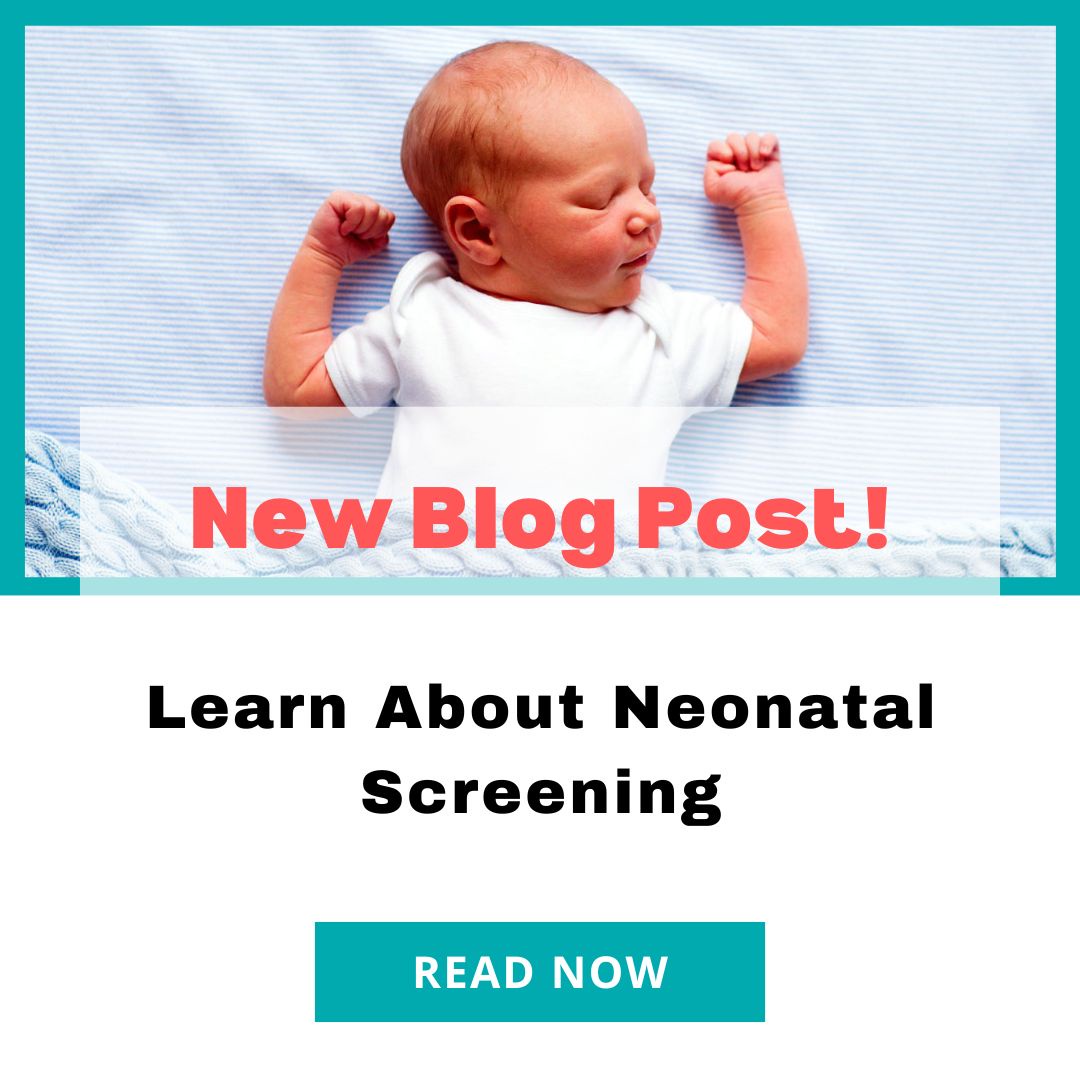Neonatal Screening (NBS), also known as Newborn Genetic Screening, has revolutionized pediatric healthcare. This life-saving practice, through simple tests like the bloodspot, has allowed for the early detection of a multitude of potentially devastating genetic disorders. However, the field of NBS is constantly evolving, with exciting new technologies and expanded testing panels on the horizon. This article explores the future landscape of NBS, highlighting how advancements can lead to even healthier starts for newborns.
The Current Landscape of NBS
The standard NBS protocol involves collecting a blood spot shortly after birth. This sample is then analyzed for markers indicative of various conditions, including:
- Congenital Hypothyroidism: A condition affecting the thyroid gland, leading to developmental delays.
- Phenylketonuria (PKU): A metabolic disorder causing intellectual disability if untreated with dietary restrictions.
- Cystic Fibrosis: A genetic disease affecting the lungs and digestive system.
- Sickle Cell Disease: A genetic condition affecting red blood cells, leading to pain and other complications.
However, NBS goes beyond the bloodspot, with additional methods like hearing screening and pulse oximetry playing a crucial role in creating a more comprehensive picture of a newborn's health.
The Power of New Technologies:
The future of NBS is brimming with potential thanks to advancements in various technological fields. Here's a glimpse into some exciting possibilities:
- Advanced Biomarker Analysis: Technological advancements in mass spectrometry and other analytical tools are paving the way for more comprehensive and accurate analysis of biomarkers in the blood spot. This could allow for detection of a wider range of conditions at a lower cost.
- Next-Generation Sequencing (NGS): This revolutionary technology allows for rapid and detailed analysis of a newborn's entire genome. While currently not widely used in routine NBS due to cost and complexity, NGS holds immense promise for the future. It could enable detection of a vast array of rare genetic disorders, leading to earlier intervention and improved outcomes.
- Non-invasive Techniques: The current bloodspot test remains minimally invasive, but future advancements might introduce entirely non-invasive screening methods. This could involve analyzing biomarkers in a mother's blood during pregnancy or collecting a sample from the newborn's umbilical cord. Minimizing discomfort for newborns and potentially streamlining the screening process are just some potential benefits.
Expanding the Testing Panel:
As technologies improve, the number of conditions screened for in NBS panels is likely to expand. This includes:
- Rare Genetic Disorders: With advancements in NGS, screening for a wider range of rare genetic disorders with potentially devastating consequences might become more feasible. Early detection can lead to the development of targeted therapies and improved quality of life for affected children.
- Pharmacogenetics: This emerging field focuses on tailoring medication based on an individual's genetic makeup. Integrating pharmacogenetic tests into NBS could allow healthcare providers to identify newborns with potential sensitivities or adverse reactions to certain medications, promoting safer and more personalized healthcare.
- Metabolic Disorders: Expanding the NBS panel to include more metabolic disorders could further reduce the risk of intellectual disability and other complications associated with these conditions.
Challenges and Considerations:
While the future of NBS looks bright, some hurdles need to be addressed:
- Cost-Effectiveness: Implementing new technologies and expanding testing panels can be expensive. Striking a balance between cost and the potential benefits of early detection is crucial.
- Ethical Considerations: As the scope of NBS expands, ethical considerations around data privacy and potential discrimination based on genetic information need careful consideration.
- Counseling Infrastructure: Expanding NBS will require a robust infrastructure for genetic counseling to ensure parents receive accurate and clear information on potential conditions and their implications, along with available support systems.
Trivitron: A Leader in NBS Innovation
As mentioned previously, Trivitron's Labsystems Diagnostics OY division is a frontrunner in the field of NBS technology. Their unwavering commitment to innovation is evident in their ever-evolving range of instruments and reagents designed for accurate and efficient NBS. By providing cutting-edge solutions that meet the evolving needs of this crucial field, Trivitron plays a vital role in shaping a future where more newborns have the chance for a healthy start in life.
Conclusion:
The future of Neonatal Screening is brimming with exciting possibilities. New technologies have the potential to expand the scope of NBS, leading to the detection of a broader range of conditions at an earlier stage. This, in turn, paves the way for timely intervention and improved health outcomes for countless newborns. However, addressing challenges related to cost-effectiveness, ethical considerations, and counseling infrastructure is crucial for ensuring equitable access to these advancements. By embracing innovation and fostering collaboration, healthcare professionals and companies like Trivitron can work together to empower NBS to reach its full potential and contribute to a healthier future for all children.


No comments yet